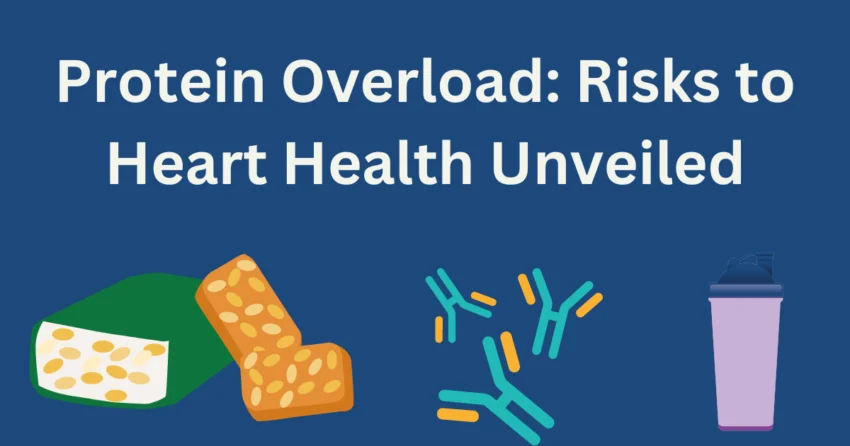High-protein diets can pose risks to heart health by increasing cardiovascular risk, activating macrophage mTOR to suppress mitophagy. A high level of a heart attack protein is linked to a heightened risk of death from any cause. Protein powders also carry hidden dangers that individuals should be aware of. Consuming protein above the recommended dietary allowance for adults can lead to adverse effects. Additionally, the intake of different dietary proteins can impact the risk of heart failure in men.
what are some healthy sources of protein
Some healthy sources of protein include:
Beans, peas, and lentils, such as kidney beans, pinto beans, white beans, black beans, lima beans, fava beans, and soybeans
Seafood like salmon, tuna, scallops, and rainbow trout
Lean meats like chicken breast
Eggs
Peanut butter
Pasta
Low-fat cottage cheese
These foods are not only high in protein but also provide other essential nutrients and are lower in saturated fats, making them better choices for a healthy diet.
how much protein should you consume daily
The recommended daily protein intake varies depending on factors such as age, weight, and activity level. Here are some general guidelines:
For adults, the Recommended Dietary Allowance (RDA) is 0.8 grams of protein per kilogram of body weight per day This equates to approximately 56 grams per day for an average adult weighing 60 kilograms (132 pounds).
For athletes and those looking to gain or maintain muscle mass, the recommended intake is between 1.2 and 2.0 grams of protein per kilogram of body weight per day. This can be broken down into 15-30 grams of protein at each meal.
For older adults, the RDA increases to 1.0-1.2 grams per kilogram of body weight per day.
It’s also important to note that the quality of protein matters. Plant-based proteins are generally lower in essential amino acids, so it’s essential to consume a variety of protein sources to ensure you’re getting all the amino acids you need.
Remember that these are general guidelines, and individual needs may vary. It’s always a good idea to consult with a healthcare professional or a registered dietitian to determine the most appropriate protein intake for your specific situation.
what are the benefits of a high-protein diet
Some benefits of a high-protein diet include:
Weight loss: Protein can suppress appetite, promote fullness, and increase metabolism, aiding in weight loss
Improved cardiovascular health: High-protein diets have been associated with lowering blood pressure, reducing LDL (bad) cholesterol, and triglycerides.
Muscle maintenance and growth: Protein is essential for building and maintaining lean muscle mass, which is crucial for overall health and fitness.
Faster recovery: Protein plays a role in speeding up recovery after exercise or injury, helping the body repair and rebuild tissues.
Healthy weight management: Protein can help maintain a healthy weight by curbing hunger and promoting satiety.
Short-term safety: For most healthy individuals, following a high-protein diet for a short period is generally safe and may even aid in weight loss.
It’s important to note that while there are benefits to a high-protein diet, moderation and balance are key to ensuring overall health and well-being. Consulting with a healthcare provider or a registered dietitian can help tailor protein intake to individual needs and goals.
